


As you are working on your research or exploring the Library, you may come across terms you don't understand. This page defines common library terms so that you can navigate the space with more confidence and make sure you understand the references you come across!
If you encounter a term you don't understand that isn't covered on this list, ask at the service desk or ask a librarian!
Abstract: A summary of what a particular article or book is about. Abstracts help you decide which sources are going to be the most relevant.
Annotation: A short evaluative summary of a book, article or document that usually accompanies a citation for the work. An annotation is different from an abstract in that it is critical of the work rather than an objective summary.
Bibliography: A list of books, articles, and other resources related to a given topic.
Biography: An author's version of the history of a person's life. The author is called a "biographer."
Boolean searching: A way of searching that employs the words AND, OR and AND NOT (or NOT) within a search statement to increase precision or relevance in a database. OR expands a search, telling the computer to retrieve records with any of the search terms used with this operator. AND narrows the search, telling the computer to retrieve records that have all of the search terms used with this operator. AND NOT excludes or eliminates a particular term in a search used with this operator. Other operators, such as proximity operators, include NEAR (searches for records with words close to each other in any order) and WITHIN # (searches for records with words which occur within # words).
Call Number: The letters and numbers assigned to a book (usually found on the book's spine) to give it a unique location in the library and to place it with similar subjects. Library of Congress ("LC") call numbers (primarily used in university libraries) begin with letters, and Dewey Decimal call numbers begin with numbers. Examples:
ML410.B4 B427 (LC Call Number)
780.923 B39BEEB1932 (Dewey Call Number)
Course Reserves: Materials located behind the circulation desk that have been reserved by professors for particular use by their students.
DISC vs. CDISC: When a resource's call number has the word DISC next to it, that item is an LP or record. Call numbers for resources with CDISC in their call number are CDs. Both can be accessed by requesting the item online or at circulation, and there are materials for listening to both in MPAL's listening carrels.
Discography: A list of recordings, usually organized by a particular group, particular recording label, or other common element.
E-book/electronic resource: E-books are electronic versions of print books or electronically stored materials for access by UIUC patrons. These materials can be immediately accessed through the online catalog.
Full-text database: A file containing the entire texts of articles or other documents, in contrast to bibliographic databases, which contain records or citations for the articles
Interlibrary Loan (ILL): This service allows students to request access to books and other materials from libraries across the country and even the world. To request items through ILL, visit the main UIUC Library homepage and click Borrowing/ILL in the menu on the left.
Journal Database: Sometimes called indexes, these online tools can help you search many journals at once for articles relevant to your topic.
Keyword Searching: A form of searching which allows a combination of terms - author, title, subject - to be used. In an advanced keyword search, search terms are combined with Boolean operators ('and', 'or', 'not', 'with', 'near'). Keyword searching can be used to search the library catalog, databases, online indexes and search engines.
Non-circulating: If an item in the catalog says it is non-circulating it can be accessed within that library, but it cannot be taken out of the library.
Online Catalog: Contains information about (almost) all of the materials held by the U of I libraries.
Peer-reviewed/Scholarly: Peer-reviewed or scholarly articles went through a rigorous review process by experts in the field before being accepted for publication.
Primary Source: "Unfiltered" or uninterpreted sources of information such as journals or diaries in history, surveys in sociology and political science, or lab experiments in psychology. Think of primary sources as the "raw data" about which researchers write directly (such as a score)
Secondary Source: A source that summarizes, synthesizes, or evaluates primary sources. Secondary sources build on or synthesize one or more primary sources (such as a score analysis)
Stacks: The shelves that hold the main collection of a libraries' books. Books that are not located in the reference area, are said to be "in the stacks."
Tertiary Source: Books and articles that are based on or synthesize many secondary sources (such as an encyclopedia).
Uniform Title: standardized titles assigned by catalogers so that all scores and recordings of a work can be retrieved in a single search. These titles can be useful because musical works can be published with variants in the title wording, and titles can appear in any language.
Scales, Jane. "Library Lingo." Library Orientation and Services. Libguides @WSU Libraries. Web. 30 Jan. 2012.